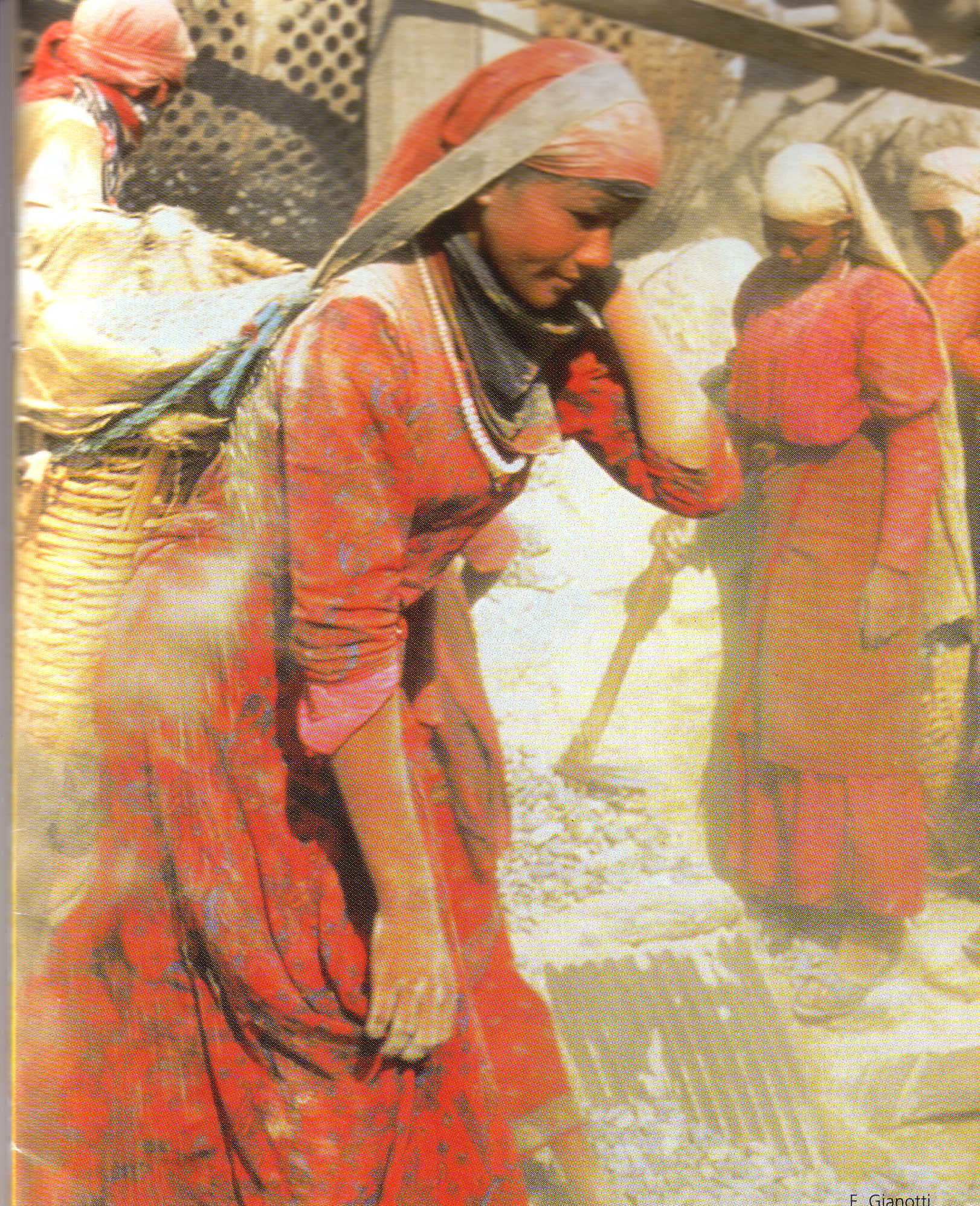Young people of all ages have seen increased attention in HIV and AIDS discussions, yet there exists little to no policy guidance on providing rights-based universal access to HIV prevention, care, treatment and support for young people under the age of majority involved in the sex trade, especially those involved in what is legally defined as prostitution. The “Wards of the State” project begins an evaluation of current laws, policies and practices affecting young people in the sex trade’s access to rights-based services on a country to country basis.
The Paulo Longo Research Initiative is a collaboration of researchers, policy analysts and sex workers working within the sex workers rights movement to improve the human rights, health and well being of women, men and transgenders who sell sex. Led by sex workers, and named after sex worker activist Paulo Henrique Longo, PLRI is committed to developing, consolidating and disseminating useful, ethical information about sex work.
———————————————————————————-

This World AIDS day feels different to all others. It has felt like the end of AIDS is in sight for some time now but after 30 years with so much hope and so many false alarms the wise have learned not to get excited by each announcement and slogan.
An article in Crime Media Culture August 2011 vol. 7 no. 2 185-199.

Kenyans, drawn from the gay and lesbian community, male and female sex workers, representatives of the police force, health care providers and also legal professionals came together to mark the International Day Against Homophobia and Transphobia (IDAHO)in Kisumu, Kenya.
Abstract : Female sex workers (FSW) are at greater risk for HIV and STIs. A systematic literature review of HIV and STI prevalence and incidence data for FSW in China was conducted to assess current trends. Studies between 1996 and 2010 detailing seroprevalence or incidence data, other laboratory-based tests, and clinical diagnoses of infections among FSW were reviewed. Select articles from Chinese literature around street-based and drug-abusing FSW were also reviewed. Results revealed high median prevalence for a variety of STIs among FSW
 This survey of female sex workers found that poverty and limited education push women into several kinds of work including sex work. Therefore, sex work cannot be considered as singular or isolated in its links with poverty, as other occupations are pursued before sex work emerges or is considered as an option. Sex work may also be regarded as offering a significant supplementary income to other forms of labour.
This survey of female sex workers found that poverty and limited education push women into several kinds of work including sex work. Therefore, sex work cannot be considered as singular or isolated in its links with poverty, as other occupations are pursued before sex work emerges or is considered as an option. Sex work may also be regarded as offering a significant supplementary income to other forms of labour.
Obviously sailing with the wind of change rocking the globe, sex workers at the weekend gathered for a protest and massive rally in Lagos to force the government to legitimise their age long profession practiced in secrecy.
The sex workers who marched through the streets of Ikoyi with fanfare, brandished placards and banners with inscriptions such as “Sex workers have right, African Sex Workers Alliance,” stormed the streets in their numbers demanding justice and recognition
Few studies in Africa provide detailed descriptions of the vulnerabilities of female sex workers (FSW) to sexual and physical violence, and how this impacts on their HIV risk. This qualitative study documents FSW’s experiences of violence in Mombasa and Naivasha, Kenya. Eighty-one FSW who obtained clients from the streets, transportation depots, taverns, discos and residential areas were recruited through local sex workers trained as peer counsellors to participate in eight focus-group discussions.

